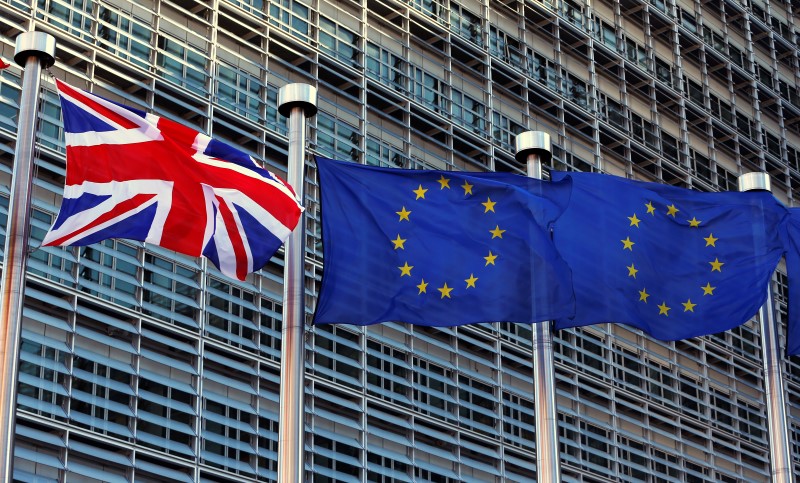Investing.com – As Europe begins what could be a busy year for the region’s political arena, Deutsche Bank outlined the latest developments and what to watch for.
Netherlands
The Netherlands will hold a general election on March 15 with the far-right Eurosceptic PVV party leading in polls and the incumbent VVD party running second, though mainstream political groups ruled out forming a coalition with PVV.
Deutsche Bank expects a multi-party coalition government though they warned that formation will be lengthy and difficult. Although these experts felt that the Eurosceptic PVV was unlikely to play role in government, they warned that a strong showing could increase its political weight.
Brexit
Next on Deutsche’s chronological list would be the triggering of Article 50 in March that would kick start negotiations between the U.K. and the European Union (EU) over Brexit.
These analysts highlighted that the objective appeared to be a comprehensive free-trade deal, while avoiding clear red lines on migration, and that British Prime Minister Theresa May was likely to seek a transitional deal.
However, Deutsche noted that the timeline was a challenge as they felt two years was too tight a timeframe to agree an exit deal, “especially given the busy EU domestic political calendar.”
These experts felt that an advance deal combined with a an interim agreement was a “high risk strategy”.
“U.K. seems to overestimate its bargaining power,” they warned.
France
Deutsche Bank further flagged the French presidential elections with the first round set for April 23 and the second on May 7 as the next European political risk event.
They noted that the center-right candidate François Fillon had recently been losing momentum due to the scandal with him having hired his wife for allegedly inexistent job duties.
Deutsche considers the victory of rightwing eurosceptic Marine Le Pen to be a risk as polls show expectations that she will be defeated in the second round.
Indeed, concerns over the possibility had put pressure on French 10-year bonds this week, hitting their weakest level in 18 months and widening the risk premium as compared to the safe haven German bund.
For Deutsche Bank, a more worrying, though less likely, tail risk would be a Le Pen/far left run-off as the top left candidates were currently showing a combined support of 25% in polls, matching Le Pen’s own percentage.
Italy
These experts also point to the possibility of early elections in Italy as another political risk event on the calendar after former Prime Minister Matteo Renzi’s institutional overall failed, leaving the country with an electoral law that favors unstable governments and expectations that the debate over a new system will accelerate in the first half of March.
They believe that an early election is possible in June-September based on a weak compromise over electoral law.
They “expect unstable governments (will be) unable to boost growth, thus feeding Euroscepticism” and warned that Italy would likely be a vulnerable position as the European Central Bank tapers its asset purchase program.
